Putin will be "long-serving, powerful premier"
President Vladimir Putin said Thursday he intended to become a powerful and long-serving prime minister.
Friday, 15.02.2008.
09:48

President Vladimir Putin said Thursday he intended to become a powerful and long-serving prime minister. Putin's remarks referred to the period after leaving the Kremlin but he rejected suggestions he would dictate orders to his likely successor, Reuters reported. Putin will be "long-serving, powerful premier" Putin, giving his last annual news conference before his second term ends in May, said he fully trusted the Kremlin's candidate for president, First Deputy Prime Minister Dmitry Medvedev, and would have no problems working with him. Medvedev enjoys blanket coverage on state-controlled media and is widely expected to win a big poll victory next month. "Dmitry Anatolyevich [Medvedev] and I have worked together for 15 years and I would never have deigned to support a candidate for president if he needed coddling and advice on how to behave," Putin told hundreds of reporters at the Kremlin in a marathon event lasting a record 4 hours and 40 minutes. Political analysts have questioned how Medvedev would occupy Russia's all-powerful presidency and work effectively with his former boss as a subordinate. Russia's constitution assigns the prime minister a largely economic role, with all key security and power ministries reporting directly to the president. Putin, 55, said he and Medvedev would "divide our responsibilities and I can assure you that there will be no problem here". "The highest executive power in the country is the government of the Russian Federation headed by the Prime Minister," he added. Asked how long he would be premier, Putin said the post "cannot be transitional." As long as Medvedev was in the Kremlin and Putin was achieving his goals, "I would work as long as possible," he said. Putin also addressed for the first time Western news reports that he had amassed a huge personal fortune while in power, dismissing the claims as "rubbish". Using typically colorful language, he said the reports were "just excavated from someone's nose and then spread on those bits of paper". On foreign policy, the Kremlin leader repeated warnings that Moscow would target Russian missiles at NATO countries which hosted parts of a planned U.S. missile defense shield and would strongly oppose independence for the Serb province of Kosovo. But overall, Reuters said, he struck a less aggressive tone than before, saying Moscow was more interested in dealing with social and economic problems at home than in a new Cold War. "To suppose that we aspire to return to the times of the Cold War is just too bold a supposition," Putin said. Russia was willing to work "towards the construction of a positive dialogue" with whoever won the U.S. presidential election and did not intend to target any country with its nuclear missiles except in "extreme necessity", he said. At points, Putin's tone changed and he turned philosophical, reflecting on his time in office. He said he had worked "like a galley slave" as president and was looking forward to catching up on his sleep. Asked if he would not prefer to retire he said: "What, you want me to just lie down and sleep? I think it's a bit early for me to do that. Turning to his legacy from 8 years as president, he said he believed he had not let down the Russian people. "For me, that is the most important thing." "I do not see any serious failures," Putin said, sitting on a raised platform in front of a huge map of Russia in the colors of the national flag. "All the tasks we set ourselves have been achieved." Thursday's news conference, broadcast live on Russian television, easily beat last year's three hours 32 minutes. Russian news agencies said Putin this year fielded 100 questions. Vladimir Putin (Beta)
Putin will be "long-serving, powerful premier"
Putin, giving his last annual news conference before his second term ends in May, said he fully trusted the Kremlin's candidate for president, First Deputy Prime Minister Dmitry Medvedev, and would have no problems working with him.Medvedev enjoys blanket coverage on state-controlled media and is widely expected to win a big poll victory next month.
"Dmitry Anatolyevich [Medvedev] and I have worked together for 15 years and I would never have deigned to support a candidate for president if he needed coddling and advice on how to behave," Putin told hundreds of reporters at the Kremlin in a marathon event lasting a record 4 hours and 40 minutes.
Political analysts have questioned how Medvedev would occupy Russia's all-powerful presidency and work effectively with his former boss as a subordinate.
Russia's constitution assigns the prime minister a largely economic role, with all key security and power ministries reporting directly to the president.
Putin, 55, said he and Medvedev would "divide our responsibilities and I can assure you that there will be no problem here".
"The highest executive power in the country is the government of the Russian Federation headed by the Prime Minister," he added.
Asked how long he would be premier, Putin said the post "cannot be transitional." As long as Medvedev was in the Kremlin and Putin was achieving his goals, "I would work as long as possible," he said.
Putin also addressed for the first time Western news reports that he had amassed a huge personal fortune while in power, dismissing the claims as "rubbish".
Using typically colorful language, he said the reports were "just excavated from someone's nose and then spread on those bits of paper".
On foreign policy, the Kremlin leader repeated warnings that Moscow would target Russian missiles at NATO countries which hosted parts of a planned U.S. missile defense shield and would strongly oppose independence for the Serb province of Kosovo.
But overall, Reuters said, he struck a less aggressive tone than before, saying Moscow was more interested in dealing with social and economic problems at home than in a new Cold War.
"To suppose that we aspire to return to the times of the Cold War is just too bold a supposition," Putin said.
Russia was willing to work "towards the construction of a positive dialogue" with whoever won the U.S. presidential election and did not intend to target any country with its nuclear missiles except in "extreme necessity", he said.
At points, Putin's tone changed and he turned philosophical, reflecting on his time in office.
He said he had worked "like a galley slave" as president and was looking forward to catching up on his sleep. Asked if he would not prefer to retire he said: "What, you want me to just lie down and sleep? I think it's a bit early for me to do that.
Turning to his legacy from 8 years as president, he said he believed he had not let down the Russian people. "For me, that is the most important thing."
"I do not see any serious failures," Putin said, sitting on a raised platform in front of a huge map of Russia in the colors of the national flag. "All the tasks we set ourselves have been achieved."
Thursday's news conference, broadcast live on Russian television, easily beat last year's three hours 32 minutes. Russian news agencies said Putin this year fielded 100 questions.










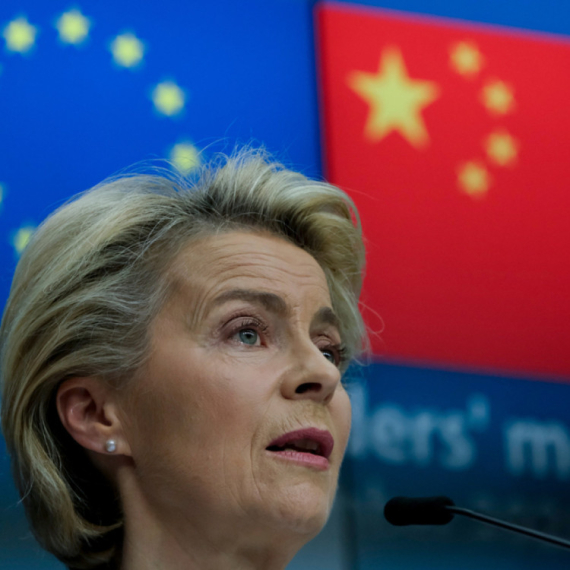
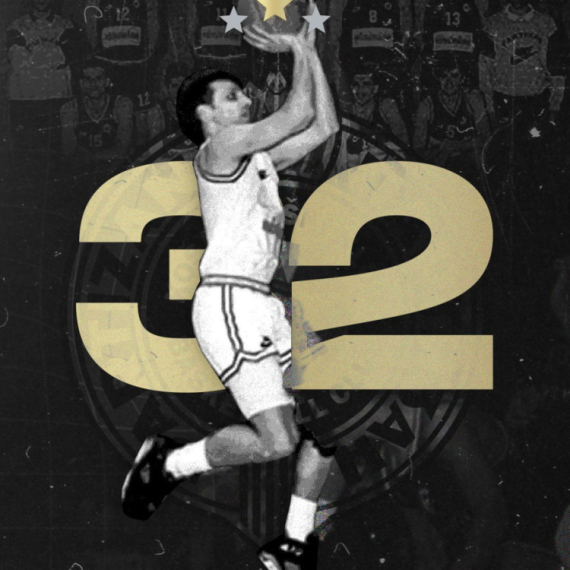
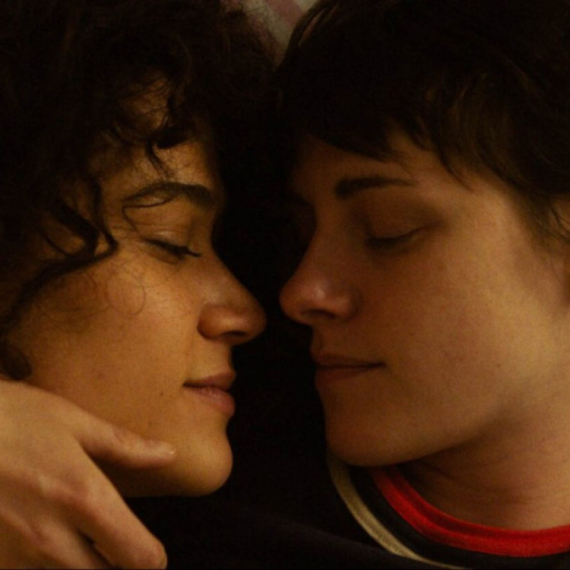
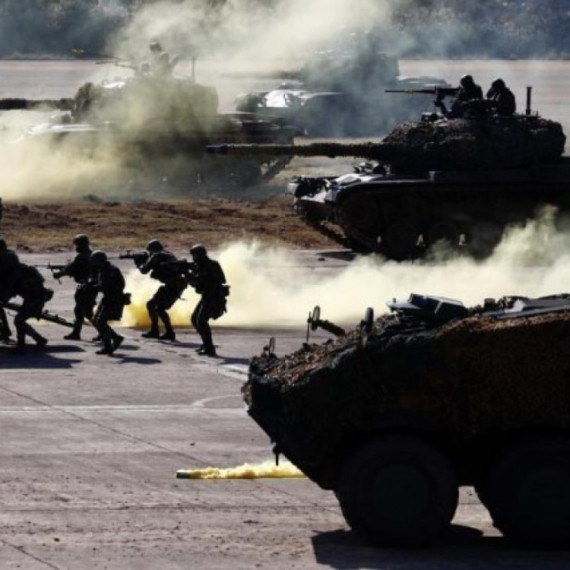

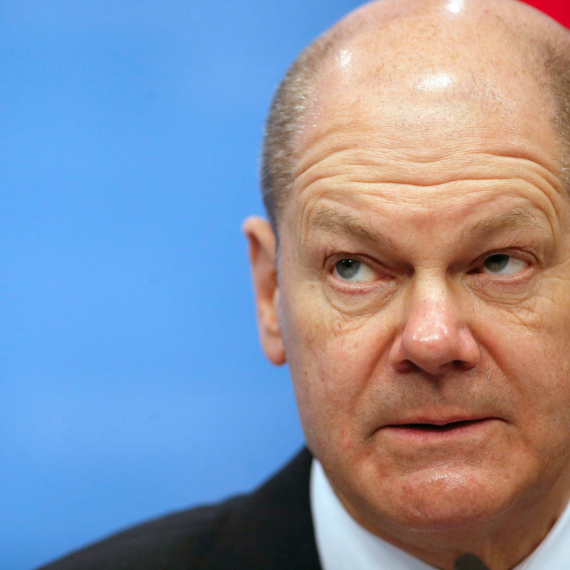
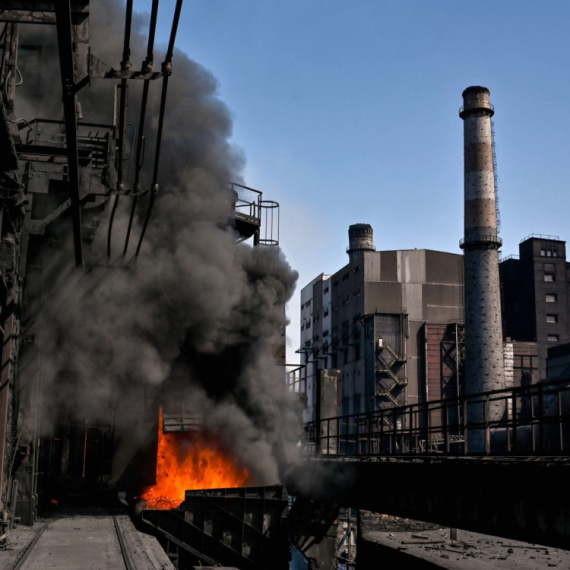

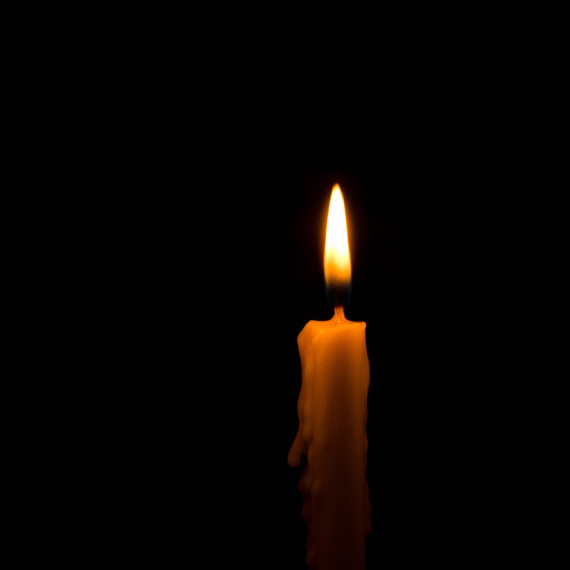
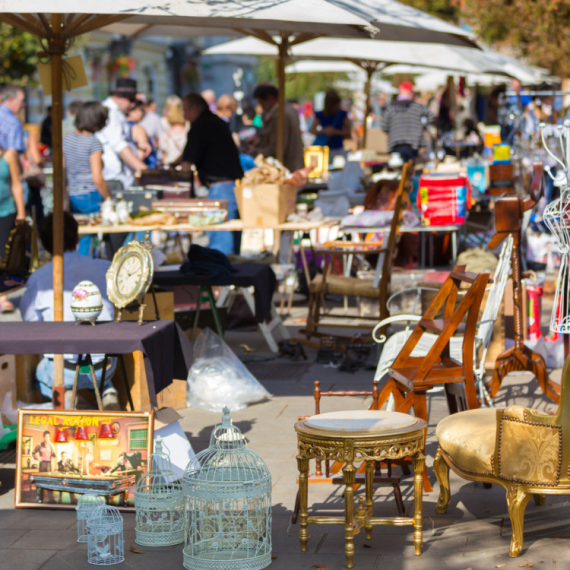
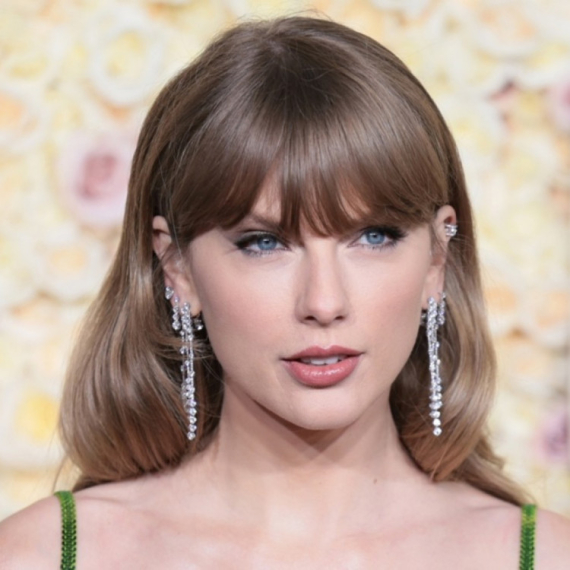




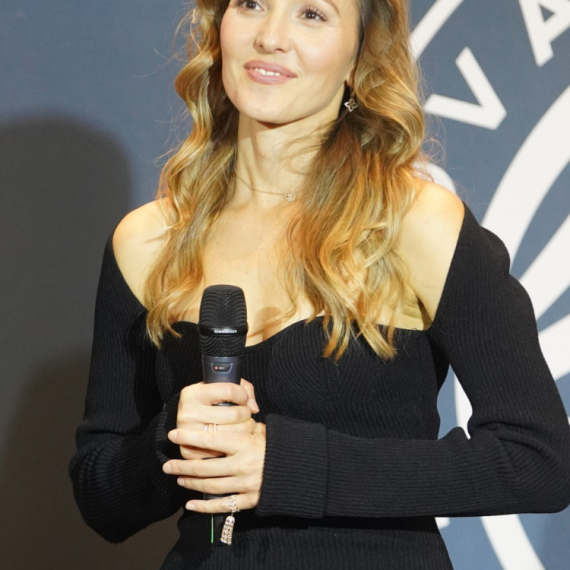
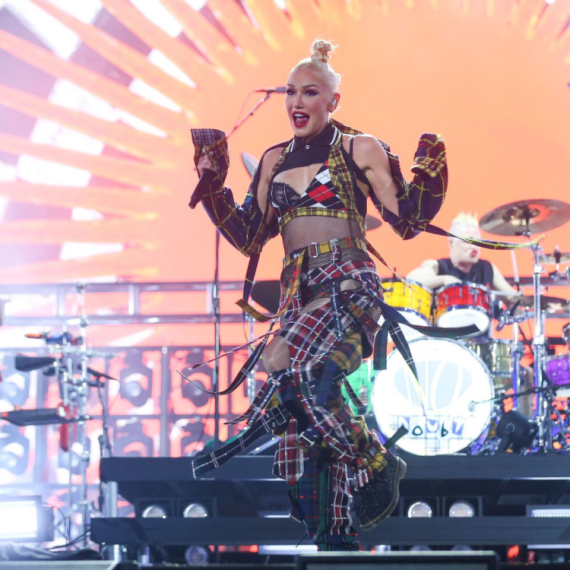
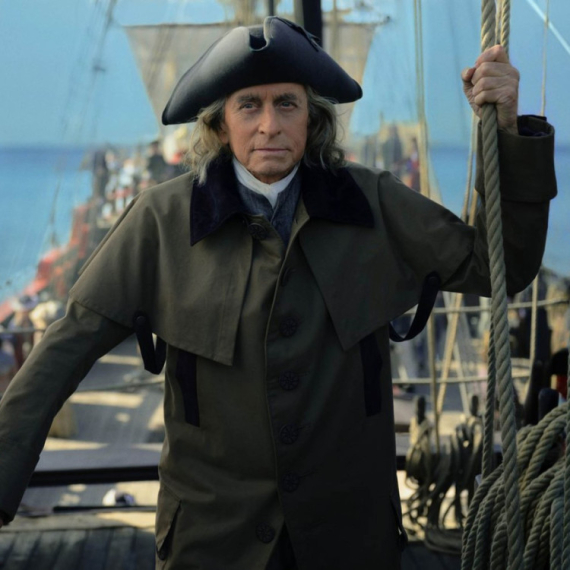

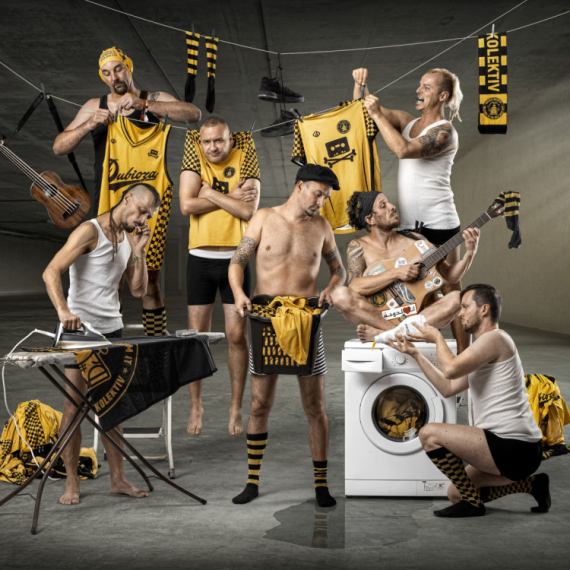
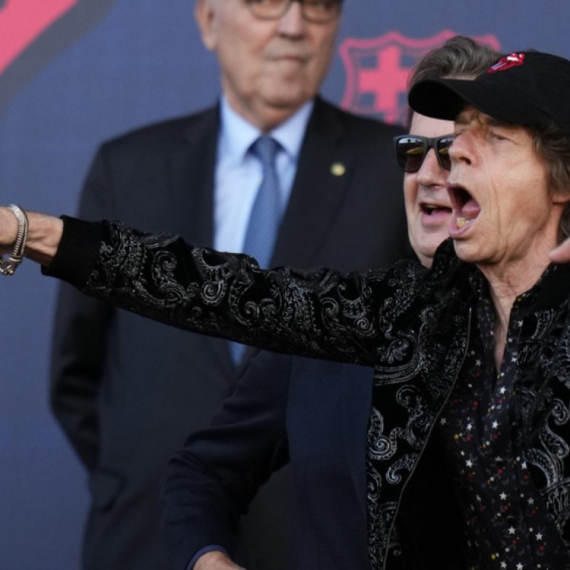






Komentari 2
Pogledaj komentare